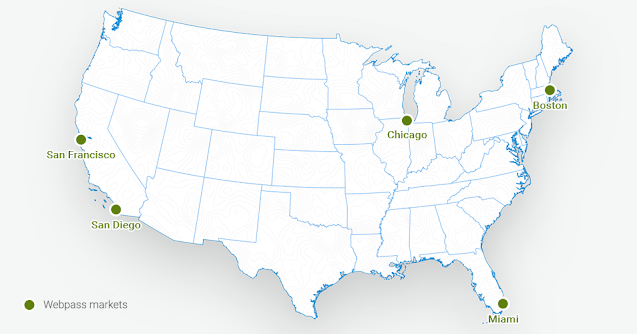And thanks to the hard work of everyone on the Access team, our business is solid: our subscriber base and revenue are growing quickly, and we expect that growth to continue. I am extremely proud of what we’ve built together in five short years.
Now, just as any competitive business must, we have to continue not only to grow, but also stay ahead of the curve — pushing the boundaries of technology, business, and policy — to remain a leader in delivering superfast Internet. We have refined our plan going forward to achieve these objectives. It entails us making changes to focus our business and product strategy. Importantly, the plan enhances our focus on new technology and deployment methods to make superfast Internet more abundant than it is today.
These changes to our business and technology will have some immediate implications. Some of our efforts will remain unchanged, but others will be impacted. In terms of our existing footprint, in the cities where we’ve launched or are under construction, our work will continue. For most of our “potential Fiber cities” — those where we’ve been in exploratory discussions — we’re going to pause our operations and offices while we refine our approaches. We’re ever grateful to these cities for their ongoing partnership and patience, and we’re confident we’ll have an opportunity to resume our partnership discussions once we’ve advanced our technologies and solutions. In this handful of cities that are still in an exploratory stage, and in certain related areas of our supporting operations, we’ll be reducing our employee base.
As for me personally, it’s been quite a journey over the past few years, taking a broad-based set of projects and initiatives and growing a focused business that is on a strong trajectory. And I’ve decided this is the right juncture to step aside from my CEO role. Larry has asked me to continue as an advisor, so I’ll still be around.
I am humbled by our growth and progress across Access today, and I’m so grateful to have been part of such an extraordinary bet. And as we continue this bet, I remain confident that the future will hold a much more connected society and abundant access for all. Let’s keep doing our part to make it so!
